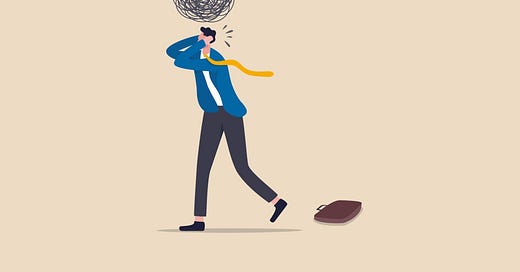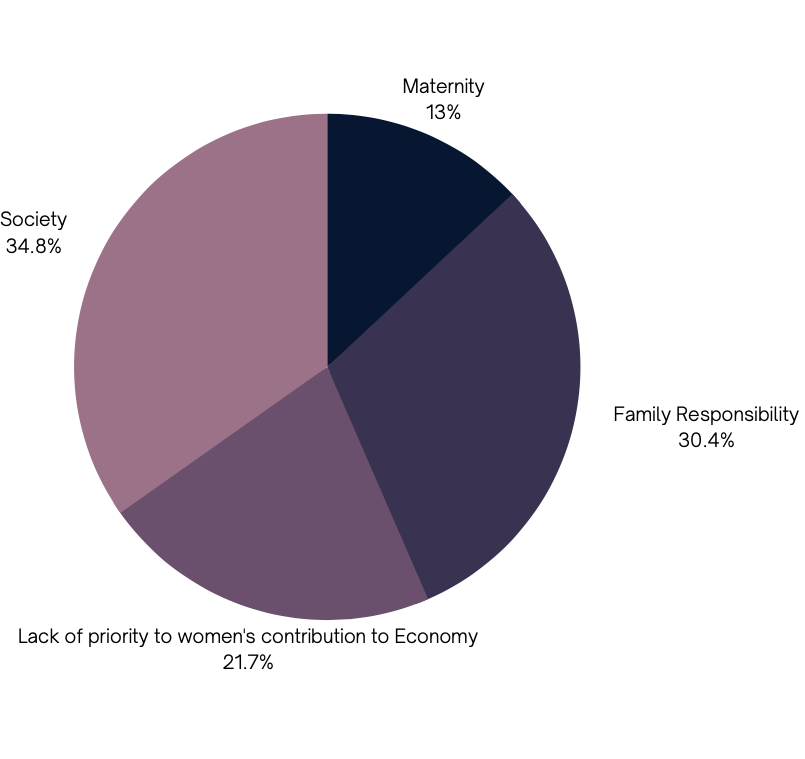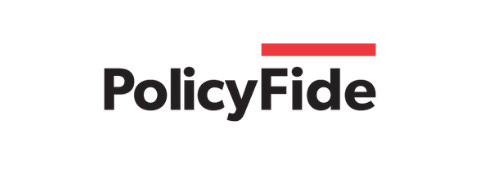Are you looking forward to going back to WORK?
Changing work structures + International Politics + SOMETHING NEW
Last week, we talked about women and economies and to dig further we did a poll and asked our readers on social media- if women are integral to the economy, then why is the participation rate so low?
Here is the response-
Moving on this week, we talk about hybrid work structures, paranoia, international politics and a new section bringing the voice of our readers!
Work from home. Yes or no?
Well, that is becoming a point of contention for offices and their employees as the world is unlocking in the new phase and the new ‘normal’ of hybrid work culture has made it to the workspace.
Why has it become the point of contention?
‘Eden Workplace Return to Office Survey’ conducted by Wakefield Research involved 1000 US-based full and part-time workers. The survey highlighted that 85% of office workers are looking forward to returning to the office in some capacity.
On the contrary, as per the data from Slack, out of 9,032 knowledge workers in the US, UK, France, Germany, Japan and Australia, only 12% want to go back to working entirely in an office and 72% of workers want to continue with a hybrid workstyle, a mixture of office work and remote work.
If the future of the work is Hybrid, let’s look at the pros and cons that come with it.
Pros:
Higher Productivity: 82 % of leaders said their companies across Europe were as productive as they were before the pandemic, says a research paper by Microsoft.
More Happiness: In a 2020 SurveyMonkey study, employees who worked remotely reported feeling happier than their in-office colleagues. Reasons include- control of their schedule, dressing casually, and spending time with their loved ones.
Fewer people in an office: It became easier for in-office people to maintain social distancing.
Google CEO Sundar Pichai has directed its employees to create a hybrid workplace by following a model wherein around 60% of them would work in office, few days and every week, another 20% would work in new office locations, and the remaining 20% would work remotely.
Cons:
Under the hybrid model, head office always has a disproportionate share of power and office regulars have an edge over home workers as per Sid Sijbrandij, CEO of web development platform GitLab.
Informal interactions- Executives claim they learn more about what is going on through the impromptu interactions than they do informal meetings, which are hard to reproduce remotely.
Virtual overload- Employees in the hybrid world are 1.12 times more likely to feel they are working too hard at their jobs than employees in the on-site world.
Have you ever experienced the feeling that everyone secretly dislikes you in the office? This is related to Paranoia. Recently, new research has surfaced in the workplace arena which reveals that when employees lack power at work, they can feel vulnerable and paranoid.
Four researchers from Singapore Management University IIM, Kozhikode, University of Maryland conducted five studies on 2300 people on work culture. Experiments focused on two things:
Asked participants to think about past work situations while they assessed their levels of power, paranoia and behaviour.
Studying the participants present in their actual organization while measuring the feelings of power and paranoia over the days.
The Findings: Socioeconomic status and workplace culture play a major role in instilling paranoia in the individuals: Those with higher socioeconomic status, and those who feel safe and supported by their company and manager, are less likely to experience paranoia than others with similar levels of power.
Effect of Paranoia on Individuals:
As explained by Tu, paranoid individuals are more likely to engage in mild forms of aggression, like being unpleasant to a coworker, complaining about work tasks and purposely wasting company resources. Some even took the aggression home. The question is, how can an individual overcome it?
Overcoming Paranoia
The individual: The individuals should find a trusted ally outside the organisation and attempt to identify what is bothering them along with the steps they should take to address that feeling.
The organisation: Roderick Kramer, professor of organisational behaviour, suggests leaders create an environment of openness and honesty along with making efforts to explain the big decisions in a thorough way.
The Meet
U.S. President Joe Biden and Russian President Vladimir Putin concluded their summit meeting on 16th June 2021 between what the American leader called “two great powers,” wrapping up more quickly than expected. The pair’s second sit-down, with aides present on both sides, lasted about 65 minutes. After the talks, it was reported that both sides have agreed to return their ambassadors to their posts in a bid to lower tensions.
Responses of the Leaders-
After the meeting, Russian President Vladimir Putin called their meeting constructive but highlighted differences of opinion on certain matters. US president Joe Biden said that the two world leaders discussed issues relating to climate change, cybercrime, Nuclear Power and Russia’s involvement in Ukraine along with which he stressed the human rights issues following the arrest of the Russian opposition leader Alexei Navalny. While the talks went for a shorter period than expected the leaders did manage to discuss pressing matters concerning both their respective countries and the world at large. It is safe to say that only time will tell if this summit was valuable or vain.
What else is happening?
Twitter might lose legal protection under Section 79 of the IT Act, as the Ministry of Electronics and Information Technology believes that the social media company has not complied with the recent IT Rules. There have been questions over whether the company would be banned from India, to which many think tanks like The Dialogue have clarified that it is not the case.
A new study has surfaced by scientists from Nasa, the US space agency, and the National Oceanic and Atmospheric Administration, which says that Earth’s energy imbalance has approximately doubled” from 2005 to 2019, which means that the Earth is trapping nearly twice as much heat as it did in 2005
Your Reads
For our feature, we have Gauri Kohli’s this month’s read Mindset by Carol Dweck.
She says-
An incredible compilation of insight, Mindset by Carol Dweck has an explanatory title, but brings to the table epiphanies that you probably wouldn’t encounter in everyday life. It does exactly what it needs to; acts like the beaming red light from a common traffic signal, stopping you midway, giving you time to think (about your existing mindset), and then letting you speed through life, carefully of course. But trust me, you need this gentle pause. Mindset makes you reconsider not your thoughts, but the way you think, the way you project those thoughts, and the process that goes on behind the conditioning you’ve experienced through your learning years. Dweck even brings to the table intriguing facts about the IQ test right at the beginning, so in case you decide to read this book (which you most definitely should), be on the lookout for this particular part from the text!
Share what you are reading with us, or any thoughts you have about current events and happenings! Write to us- thepolicyfide@gmail.com
Hope you found this week’s newsletter meaningful.
If you want to know more about our research- follow us on Instagram and LinkedIn.
If you liked the newsletter, go ahead and share it with your friends. We believe word of mouth is the best method to grow, and we look forward to your support.









